University Clermont Auvergne (UCA)
Introduction
The UNIV'R program, launched by the United Nations Refugee Agency (UNHCR) and the Agence Universitaire de la Francophonie (AUF), aims to create a pathway for refugees to pursue Master's degrees across 12 universities in France. University Clermont Auvergne (UCA) plays a crucial role in the program by selecting master's courses, providing academic support, and assisting with integration procedures. Collaborating with Forum Réfugiés Association, the program welcomed two student laureates in September 2021. In the 2022-2023 project, 12 other universities, including UCA, participated in the University Corridor program. In September 2023, 13 higher education institutions joined the program to welcome refugee students.
Current status of the program
Applicants must hold refugee status in their first country of asylum and have a bachelor's degree equivalent to French standards. With specific targets to the refugee student of the first asylum African countries of Niger, Chad, and Cameroon, the selection process includes application review and interviews to suffice academic level. Refugee students receive specialized support through a selective application process, dedicated assistance from the international relations department, access to foreign student systems, and a living grant and support from Forum Réfugiés. Various partners provide financial, academic, legal, social, and psychosocial support.
Refugee students who arrive in France under the university corridor are classified as International students. They are granted a one-year study visa of the VLS-TS type, which is equivalent to a residence permit. After one year, they must apply for visa renewal since they are welcome for a two-year master's degree program. Upon graduation, they can apply for a residence permit if they find work or wish to do so. UCA has welcomed ten students (3F, 6M) over three years: 2 in 2021, 3 in 2022, and 5 expected in 2023. The initiative has brought together actors and raised awareness about the refugee public. The program has facilitated higher education access and enriched campus diversity.
The following steps for UCA include making the project sustainable by offering new master's courses in Clermont-Ferrand and other campuses. The university strives to continue the project each year, ensuring it remains an integral part of its commitment to supporting refugee students.
Best practices
Some of the best practices the initiative can share are:
Partnerships and close collaboration with the Forum Réfugiés association. We have well-defined and distributed roles and take stock monthly to discuss student follow-up.
First, they benefit from a specific selection process, which allows training managers to pay particular attention to these students' applications.
Once they arrive at the University, they have access to all the systems put in place for foreign students, with the possibility of calling on a person dedicated to supporting the refugee public
Support for day-to-day procedures, housing, psychological support, monthly grants, and access to the labor market.
Challenges
Some of the challenges the initiative faces are:
Justifying resources for refugee students coming from outside of France;
Supporting students to adapt to cultural shocks;
Expanding the program required finding master’s courses;
Raising funds;
Convincing partners to participate in other University actions for the public in exile.
These challenges were overcome by maintaining a balance between actions deployed and convincing partners to participate more generally in other University actions aimed at the public in exile.
Conclusion
The University Clermont Auvergne's initiative provides complementary education pathways for refugee master's students. The Programme is a powerful example of how higher education institutions can play a pivotal role in supporting refugee students. Despite the challenges, the program has demonstrated significant potential in facilitating access to higher education for refugees and contributing to their successful integration into the academic community.
